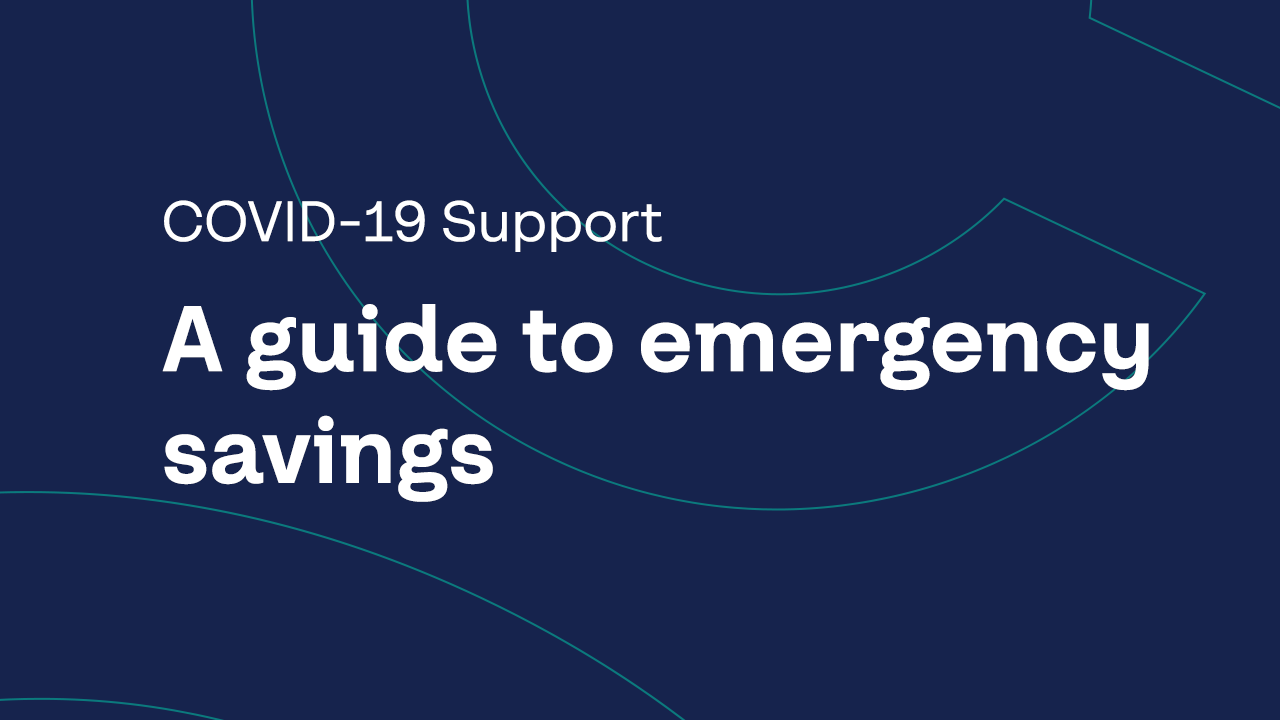Investing can be really complicated. What is a stock versus a bond? An RRSP or a RRIF? What is a GIC?
But investing is serious business, and although we can’t cover everything in one blog post, we’ve broken down some of the most popular investment vehicles for you to bring you up to speed.
Stocks
- These are a type of security that signifies ownership in a corporation and represents a claim on part of the corporation’s assets and earnings.
- There are two main types of stocks: common and preferred.
- Common stock usually entitles the owner to vote at shareholders’ meetings and to receive dividends.
- Preferred stock generally does not have voting rights, but has a higher claim on assets and earnings than the common shares. For example, owners of preferred stock receive dividends before common shareholders and have priority in the event that a company goes bankrupt and is liquidated.
Mutual Funds
- This is a type of investment fund – they can be a collection of investments such as stocks and bonds from a wide array of different sectors all over the world.
- You are pooling your money with other investors to provide low-cost access to diversification and professional managers that normally would not be available to individual investors.
- Mutual funds can range from low risk to high risk. Although the returns are not guaranteed, they are part of a long-term strategy that historically provides higher returns than a GIC or savings account.
Guaranteed investments are going to be better for the investor that doesn’t have a lot of risk tolerance or is coming up to retirement and can’t afford to take that risk on.
GICs
- A GIC is also known as a guaranteed investment certificate (GIC). Both the principal and interest you receive is guaranteed by the financial institution that offers them.
- GICs are a great way to save while still earning some interest. Depending on your risk tolerance, a GIC can be a good way to invest for the short term or supplement your long-term investments as well.
- Although GICs are safe investments, in an extended low-interest environment like the one we are in now, they may not provide the long-term returns needed to pay for things like retirement. This is really important when you factor in inflation or cost of living, which lowers the value of our savings over the long term.
Bonds
- With a bond, you’re lending your money to a company or a government that has issued the bond for a set term.
- Most bonds will pay out a regular interest rate while you hold the bond. When your bond reaches maturity, you get the face value of the bond back.
- The better the credit rating of the issuer the lower the return, and vice versa.
Retirement investments
- RRSPs are a plan that can hold a variety of the previously mentioned investments within it.
- With RRSPs, you can invest in mutual funds, stocks and GICs. The returns are tax-deferred until you convert to a RRIF (Registered Retirement Income Fund) at a certain age and start receiving taxable income from the plan.
- RRSPs also provide tax deductions on the amount invested.
- Tax-Free Savings Accounts do not provide tax deductions, but all the returns are tax-free – which is great. Be careful to stay within your tax-free savings limit and consider consulting an advisor to decide which plans are best for you.
We realize all of this can seem overwhelming. But unless you really want to manage your own portfolio (which is a lot of work and very time-consuming) you only need the basics. Your financial institution, specifically your investment advisor, can help you work out your objectives and design the best plan to help you get there.



